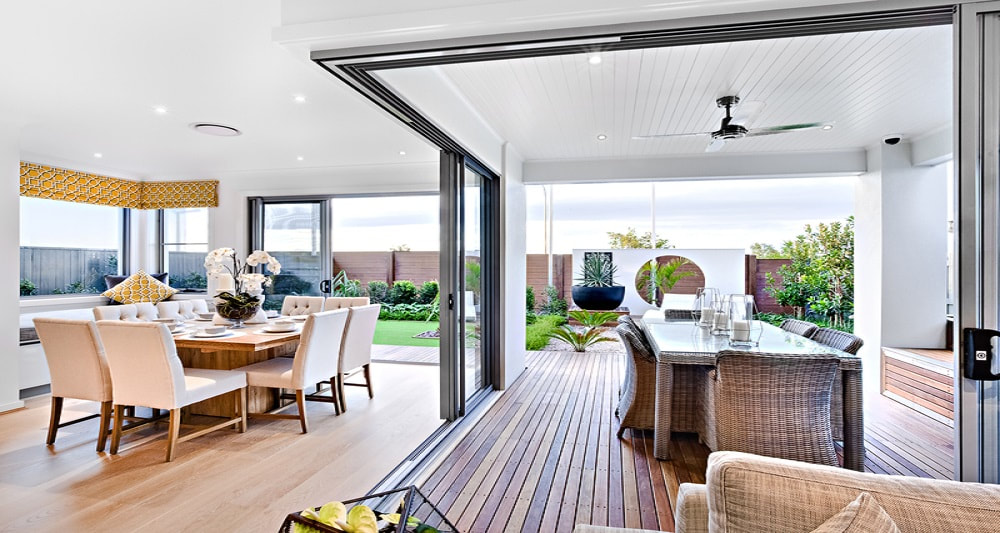Chilling out this summer will be a breeze with these tips for getting the most out of your cooling systemSummer may be lazy and hazy, but in many areas of the country, it’s also a time of sweating and sweltering in scorching temperatures. To cope, homeowners employ a variety of methods to ensure a steady supply of cool, fresh air. These cooling solutions include a wide variety of fans and in-home ventilation systems, as well as some tried-and-true techniques from the days before air conditioning. Here’s how to keep your whole home cool this season. The advent of air conditioners By far the most common form of cooling in the U.S. is air conditioning, which can be found in more than three-quarters of all homes. Keeping the house comfortable this way, however, can be a costly investment in terms of both equipment and energy use — according to the U.S. Department of Energy, air conditioners use about 6 percent of all the electricity produced in the U.S., at an annual cost of about $29 billion to homeowners. So, it makes good sense to carefully evaluate your home’s cooling options to select the right system to meet your needs. Stay comfortable, spend less No matter what unit or system you choose, adjusting your thermostat will make the biggest difference on your electric bill. Start by setting the temperature as high as you can while still comfortable, keeping the difference between indoor and outdoor temperatures as small as possible. Use the energy-saver mode on window units, and use programmable thermostats for multiroom or whole-house systems so your machines don’t do extra work to cool the place when nobody is home. When you’re ready to cool down, don’t drop immediately to a cold temperature — starting that low won’t speed up the cooling process, but it will make your machine work harder and expend more energy. If you want to offer your machine — and your energy bills — a little relief, proper ventilation in your home can certainly aid your cool-down efforts. Ventilation improves indoor air quality, removes moisture and odors, and exchanges stuffy indoor air for fresh, cool outside breezes. Start boosting your home’s natural ventilation by opening doors and windows, especially in the evenings. Encourage airflow by installing ceiling fans, window fans and attic exhaust fans to push hot air outside and draw cooler air into your home. In the summer months, run ceiling fans in a counterclockwise direction, drawing cooler air up from the floor. A whole-house attic exhaust fan will pull hot air into the attic, where attic vents can dissipate the heat. Even positioning a few portable fans near windows or a basement door at night can draw the cooler air from these areas into the home. Regular maintenance, maximum cool-down Maximize the efficiency of your cooling efforts by performing proper maintenance.
On Point Homevestments
0 Comments
Your comment will be posted after it is approved.
Leave a Reply. |
Details
Archives
February 2019
Categories
All
|
Company |
Services |
|
Possibilities



 RSS Feed
RSS Feed